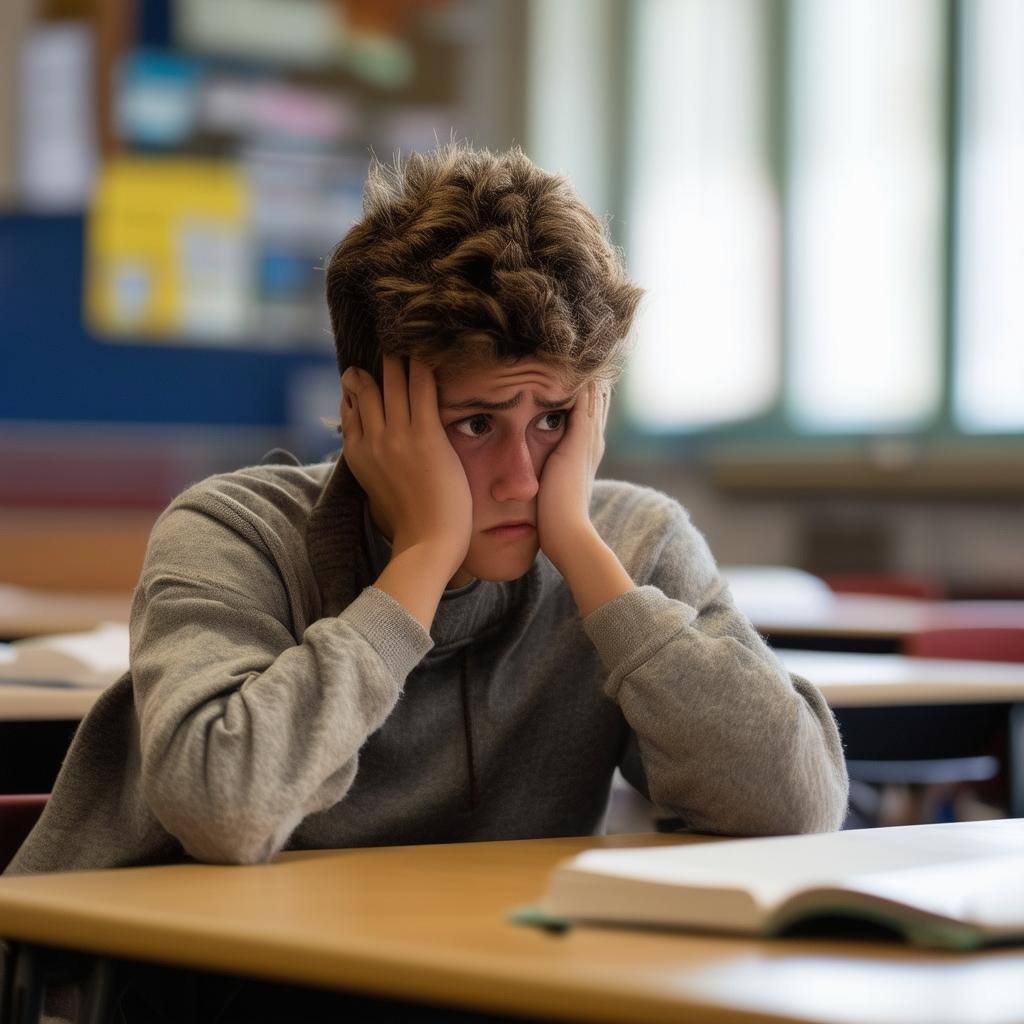Understanding School Anxiety: Signs, Symptoms, and Solutions
Defining School Anxiety: What It Is and Who It Affects
School anxiety refers to the feelings of fear, worry, and apprehension that students experience related to school environments and situations. It can manifest in various ways, from reluctance to attend school to intense fear of social interactions or academic performance.
This issue can affect students of all ages, from primary school children to secondary school students, and is often linked with underlying mental health conditions such as generalised anxiety disorder or social anxiety disorder.
Common Signs and Symptoms of School Anxiety in Students
Students experiencing school anxiety may display a range of signs and symptoms, including frequent complaints of physical ailments like stomach aches or headaches, difficulty concentrating, and persistent worry about school-related events.
Other indicators can include avoidance of school or social situations, changes in sleeping or eating patterns, and increased irritability or mood swings. Recognising these signs is crucial for timely intervention.
The Impact of School Anxiety on Academic Performance and Social Interactions
School anxiety can significantly hinder a student's academic performance, leading to decreased participation in class, poor grades, and a lack of motivation. The fear of failure or embarrassment can prevent students from engaging fully in their education.
Socially, students may struggle to form friendships, leading to feelings of isolation and loneliness. This can create a cycle where anxiety exacerbates academic struggles, further impacting their confidence and social skills.
Effective Strategies for Parents and Educators to Mitigate School Anxiety
Parents and educators can help mitigate school anxiety by fostering open lines of communication. Encouraging students to express their feelings can help them feel understood and supported.
Implementing relaxation techniques, such as deep breathing exercises and mindfulness practices, in both home and school settings can also be beneficial. Providing a structured routine and setting realistic expectations can help students feel more secure.
Resources and Support Systems for Students Experiencing Anxiety
There are various resources available for students experiencing anxiety, including school pastoral support, mental health services, and community support groups. These professionals can provide guidance and help students develop coping strategies.
Additionally, educational programs focused on mental health awareness can equip students, parents, and educators with the knowledge to recognise and address anxiety issues effectively.



